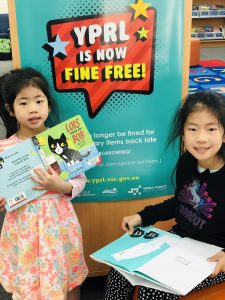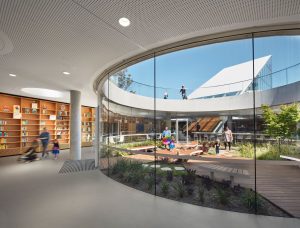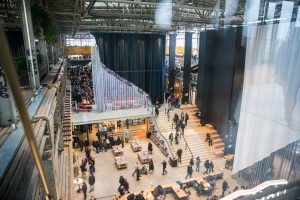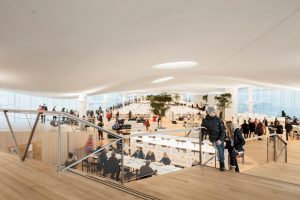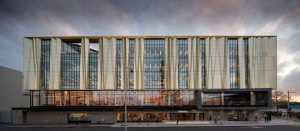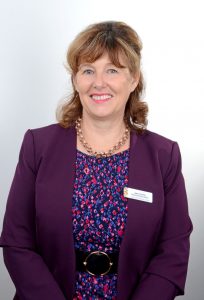IFLA has recently published the IFLA Toolkit for Library Engagement in Literacy and Reading Strategies to help library associations, institutions and individual library and information workers to advocate for libraries’ role in literacy and reading in relevant government strategy documents. In Victoria, Australia a collaboration between State Library of Victoria and Public Libraries Victoria also developed a strategic framework Reading and Literacy for all 2015-2018 that drove a substantial body of work across all Victorian Public Libraries to improve capability and deliver of early years literacy and adult literacy services. This first framework was a major collaborative effort that was a culmination of wide and deep conversation across the library sector and involved other stakeholders who deliver literacy services and included the Department of Education and Training. This ensured that there was a strong sense of ownership and commitment from all libraries across Victoria to the body of work that came from that original framework.
Initiatives and outcomes from this original framework included:
- Development of quality indicators for early years literacy programs
- Multiple assessments of each library service against the early years literacy programs indicators
- Training and a toolkit for staff delivering early years literacy programs to help lift the standard and make it consistent across the state Let’s Read!
- Professional development to encourage and support public libraries to be more active in delivering adult literacy initiatives
- A best practice guide for adult literacy services which can be used as an advocacy document setting out the roles and achievements of public libraries in this area.
- The Adult Literacy Innovation Program, providing grants to individual library services over three years to deliver innovative partnership programs in the adult literacy space. Examples include Moreland’s Word Play family literacy initiative and Yarra Plenty Regional Library’s pilot of the Volunteer-led literacy program for new migrants and refugees.
The strategic outcome from this body of work across the State of Victoria was the building of real evidence establishing libraries as essential for delivering literacy and language outcomes for adults, families and children. The report on this major body of work can be found here.
However, Victorian libraries’ work in literacy is not at an end. High levels of literacy are required for many of the complex jobs that are developing in this new digital economy as significant change in people’s work continues at a fast pace.
State Library of Victoria and Public Libraries Victoria have continued their collaboration and developed a new revised Reading and Literacy for all: A strategic framework for Victorian Public Libraries 2019- 2023 to inform the next four years of collaborative endeavour for Public Libraries across the state of Victoria.
These strategic documents are important advocacy tools to ensure that literacy, reading and libraries remain on the government agenda and Victorian Libraries in Australia are a great example of how to use this strategic work to amplify this message.
The IFLA Public Libraries Section is also highlighting reading in the satellite conference to be held in Oxford, United Kingdom on 12th and 13th August 2020. Partnering with the IFLA Literacy and Reading Section, IFLA Metropolitan Libraries Section and IFLA Libraries for Children and Young People we will be presenting Reading Journeys, exploring personal reading choices for adults and children, the learning to read journey, the research into influences that make a difference to our reading journeys and the creative journey from the perspective of authors. So reading and literacy remains a major focus for IFLA in the coming year. Keep watching this space for more information in the coming months and start planning to attend!
Jane Cowell, Chief Executive Officer, Yarra Plenty Regional Library, Australia
